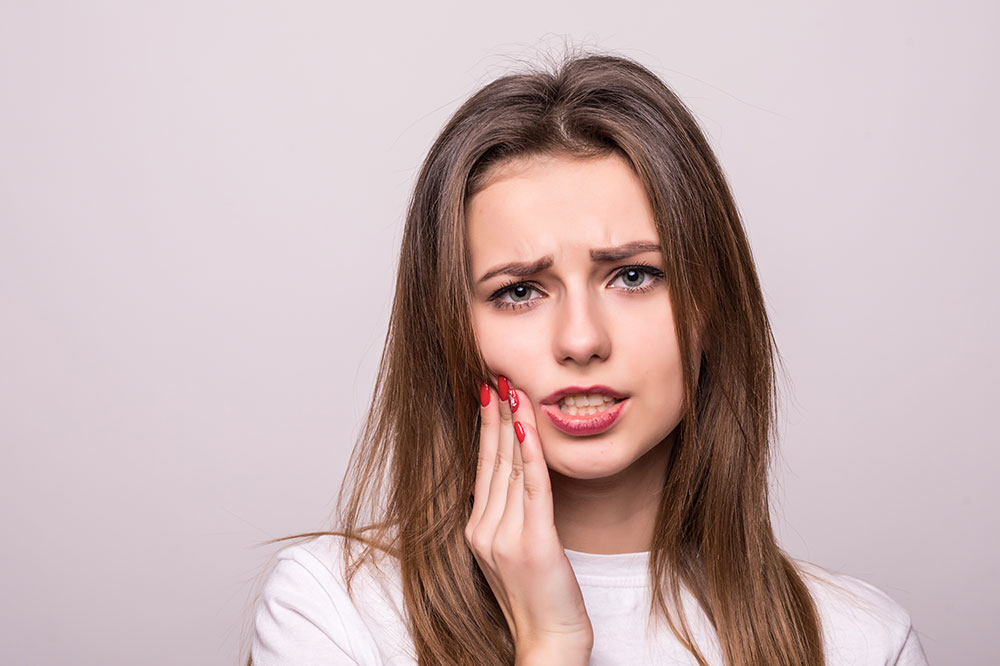Oral health issues and their diagnosis and prevention
Oral health indicates overall health, so regular oral hygiene is important to prevent cavities, bad breath, gum diseases, and other mouth and teeth issues. Also, oral health is important at every stage of life, and it should not be taken lightly as oral diseases can also spread to the rest of the body. Let’s take a look at the basics of oral health issues and how to prevent them.
Common oral health problems
Oral health problems can affect people at different stages of lives:

- Infants
A routine to help children maintain oral hygiene. When a child starts getting their first teeth, parents should wipe their gums with a clean, moist washcloth. Gradually, they can change this washcloth to a toothbrush for kids. Also, a child must be taken for their first dental visit within 6 months of the first tooth erupting, which should be not later than a kid’s first birthday. Additionally, parents should always stop children from sucking their thumbs as it can affect their tooth alignment. Also, never let them sleep with a bottle in their mouth as this can cause tooth decay. - Children and teenagers
Many who have crooked teeth start showing signs between the ages of 6 and 12. Also, people may start getting wisdom teeth in their late teens, which may have to be removed as they often cause pain and develop infections. - Adults
Among adults, gum diseases are the most common oral health issues. Also, many adults grind their teeth while sleeping, which is a serious health concern as it affects their teeth and jaws. Many do not take care properly for their mouth and teeth, which is the leading cause of cavities. Once a person’s cavity gets too deep, a root canal is the only way to treat it. - Senior citizens
Medications are common among seniors for various reasons, and this often causes dry mouth, which can lead to a tooth decay. The risk for gum diseases and mouth cancer also increases with age, so seniors should take special care to maintain oral hygiene.
Diagnosis of oral health problems
A simple dental examination is used for diagnosing most oral diseases. This exam includes the dentist examining an individual’s tongue, throat, jaw, cheeks, neck, and mouth and teeth. Also, dentists use several tools and instruments for the measurement of a person’s gum pockets. With the measurement of this small scale, a dentist will be able to tell whether the person has receding gums or any other gum disease. Usually, the pockets between the teeth should measure between 1 and 3mm, so if the measurement is beyond these numbers, the person is said to have a gum disease.
In the case of oral cancer, dentists prescribe MRI scan, X-ray, CT scan, and an endoscopy in order to diagnose the spread of the cancer.
Prevention of oral health problems
Here are some tips to prevent mouth and teeth problems:
- One should visit a dentist annually for a comprehensive check-up and cleaning
- It’s best to use a toothpaste that contains fluoride and brush twice a day
- The toothbrush should be changed every 3 to 4 months or as soon as it’s worn out
- Clean the tongue is also important while brushing




